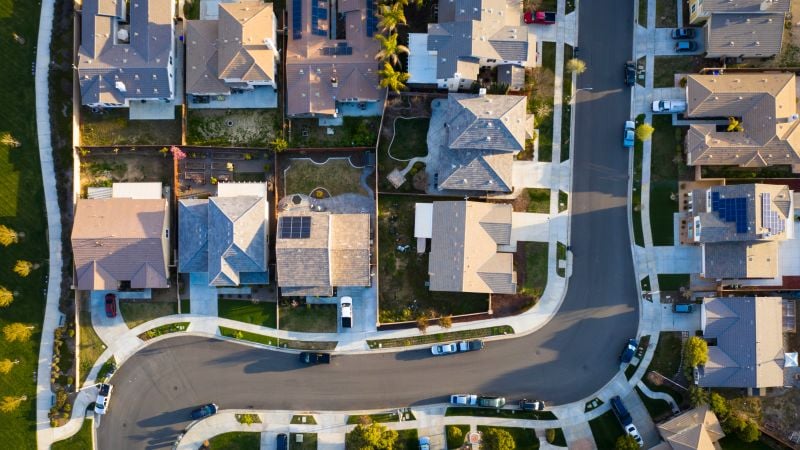After 33 years and four children, Baby Boomers Marta and Octavian Dragos say they feel trapped in what was once their dream home in El Cerrito, California.
Both over 70, the Dragos are empty nesters, and like many of their generation, they’re trying to figure out how to downsize from their 3,000-square-foot, five-bedroom home.
“We are here in a huge house with no family nearby, trying to make a wise decision, both financially and for our well-being,” said Dragos, a retired teacher.
But selling and downsizing isn’t easy, appealing or even financially advantageous for many homeowners like the Dragos family.
Many Boomers whose homes have surged in value now face massive capital gains tax bills when they sell. This is a kind of tax on the profit you make when selling an investment or an asset, like a home, that has increased in value.
Plus, smaller homes or apartments in the neighborhoods they’ve come to love are rare. And with current prices and mortgage rates so high, there is often a negligible cost difference between their current home and a smaller one.



A normal.person would still be ecstatic…
Not to mention that the capital gains tax ranges from 10%-20% depending on income, so of the $1.4 million in taxable gains they’re only paying $140,00-$280,000 dollars, meaning after they sell the house they still get $1.7 million profit.
Yep, and both over 70, so it’s not like they’re paying a lot in taxes.
They’re just greedy boomers that don’t want to pay taxes, nothing new or surprising
The issue is with the tax and high costs of homes, they break even or worse when downsizing. They aren’t realizing that profit from selling because they are trying to buy another, smaller house.
If their new house is less than a million, they’re fine…
Very few people “downsize” to a million dollar property.
Hell, they get $500k before any tax
But they contributed everything and the public services that their taxes fund contributed nothing whatsoever, ever, never, not once. How dare communism reach into their pockets at their old age. They’re just trying to do the right thing, don’t you know?
Yeah. I’m not hating on these people, but they would have $1.4 million in taxable income, and 37% would be owed as taxes, leading them around 900k. If they planned it over a few years they could actually avoid some of that.
So I don’t know their situation, but walking away with $882k doesn’t leave you without options.
Edit: I forgot that you only pay the normal income rate on assets held for a short period, so they would have $1,620,000 after taxes.